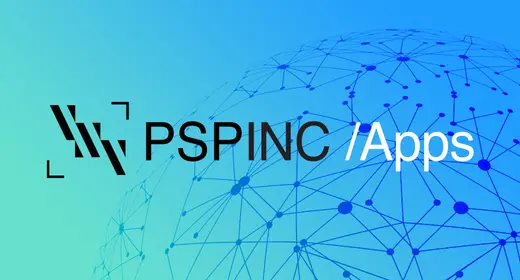
Contactless payment, also referred to as tap-to-pay, refers to tapping your card, smartwatch, or smartphone to pay for something via a point-of-sale (POS) system. The most popular examples are contactless credit cards and e-wallets. Contactless credit cards have a radio wave or a Wi-Fi symbol turned on its side, either on the front or back of the card. E-wallets are apps that link your credit card to your phone or a smartwatch. Some popular examples include Apple Pay and Google Pay. To pay, customers hold their card, smartphone, or wearable close to the machine's payment symbol for contactless payment.
Over the last few years, the technology has only gotten more popular in part due to the Covid-19 pandemic. With many focused on cleanliness, contactless payments offer a way to limit physical interactions. Specifically, those between a consumer and a merchant. According to Statista, e-wallets, digital, and/or mobile wallets have become more common, as they grew from 3% in 2017 to 12% in 2022.
How It Works
Contactless payments use radio identification (RFID) technology and near-field communication (NFC). The technology bypasses the need for a PIN number, swipe, or signature for a purchase. It only works in proximity between objects. In this case, it’s the short distance between a credit card or device (smartphone, smartwatch, or other wearable technology) and a point-of-sale (POS) terminal.
Customers tap their card or device on the terminal and a beep, checkmark, or green light alerts both parties that the payment went through. With the physical card, it needs to be close by for the payment to go through. For e-wallets like Apple Pay or Google Pay, many require users to enter a PIN, scan a fingerprint, or use facial recognition before tapping to pay. And some retailers, or even some Apple Pay users, require a signature if the transaction is over $50 to protect both parties from fraud.
Advantages and Disadvantages
Physically tapping the card or hovering the phone over the device is part of what makes contactless payments more secure than swiping a card. Equipped with RFID technology and NFC, criminals can’t clone information as easily as before with magnetic strips. NFC sends encrypted data, making it harder to steal, and your card or smart device sends a unique one-time token to the POS terminal during each transaction. Additionally, contactless payment is faster and more convenient for customers, as tapping a card or using Apple Pay only takes a few seconds.
The only real disadvantage is that it isn’t always readily available to everyone. People who don’t have a bank account or a smart device will still need to rely on cash. But, regardless, it has not stopped the growing adoption of contactless payment use. Not just among customers, but also among retailers and credit card issuers. And we expect to see this trend continue as people prioritize stronger security over their personal data like their finances.
|
Pacific Software Publishing, Inc. 1404 140th Place N.E., Bellevue, WA 98007 |
| PSPINC Creates Tools For Your Business |
| Pacific Software Publishing, Inc. is headquartered in Bellevue, Washington and provides domain, web, and email hosting to more than 40,000 companies of all sizes around the world. We design and develop our own software and are committed to helping businesses of all sizes grow and thrive online. For more information you can contact us at 800-232-3989, by email at info@pspinc.com or visit us online at https://www.pspinc.com. |
 An all-new multi-service login for your PSPINC web apps!
An all-new multi-service login for your PSPINC web apps!
 Request a quote for Custom WordPress Design
Request a quote for Custom WordPress Design

.png)
















